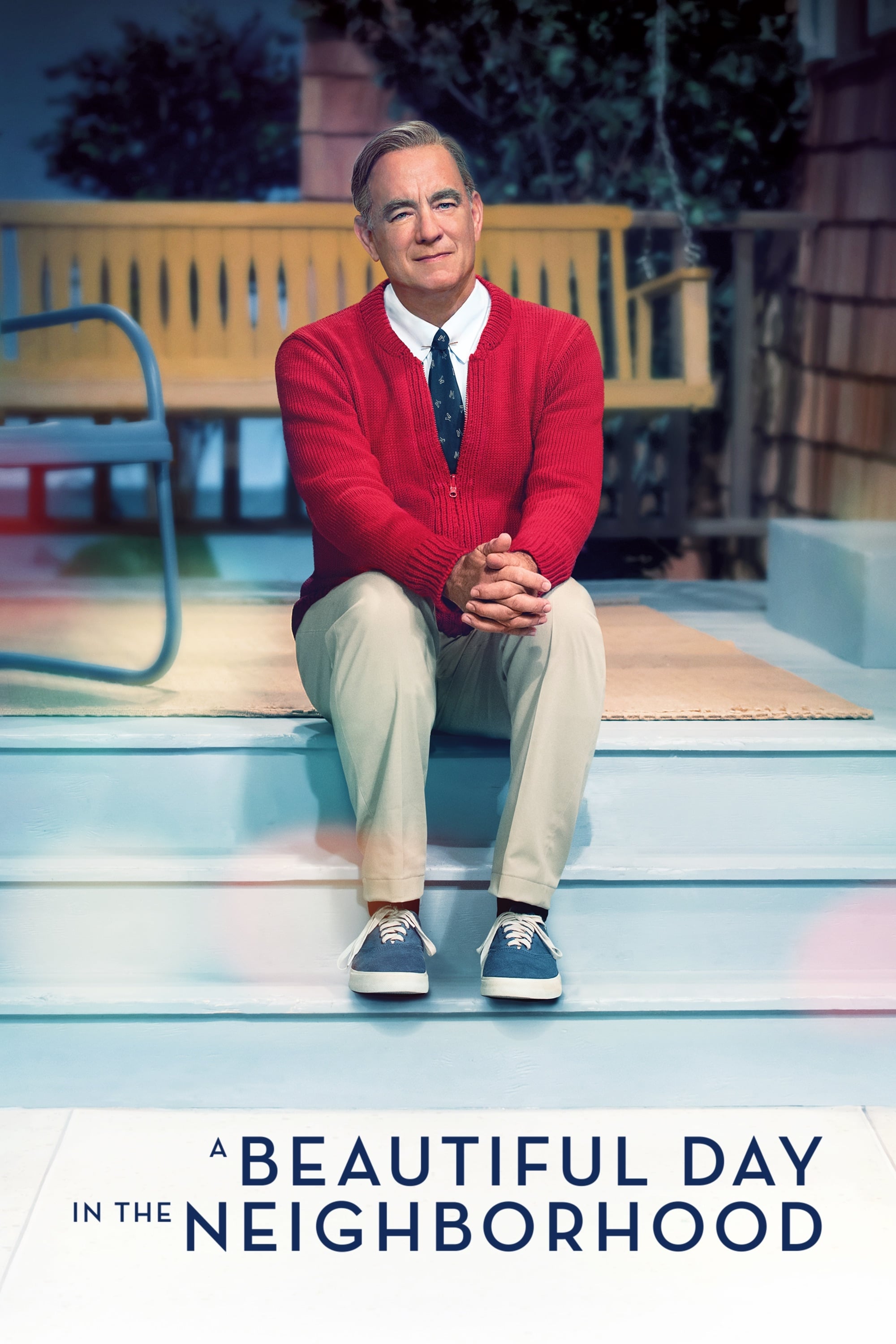Jason
@lewishamdreamer.bsky.social
3y ago
It’s good of course, amiable and pensive, and no one else could play the iconic role of Mr Rogers other than the similarly beloved Hanks. I was relieved that it doesn’t make any attempt at grim & gritty, it doesn’t attempt to undermine Rogers' legacy or overstay its own welcome, and a fair number of scenes are close enough adaptations of actual noteworthy events the great man was involved in to give the script a grounding of authenticity. A good thing too, given the flawless casting of Hanks - a man similarly beloved, and without question the only actor who could possibly have played such an important role. Where it feels the film comes unglued is in the adaptation of Tom Junod's Esquire 1998 profile of Fred Rogers - the clash of cynical journo vs world's nicest man may have been a good unique selling point in getting the film made, but with Junod's life and family almost entirely fictionalised there's next to no reason to invest in that plank of the script. I also found Matthew Rhys' performance devastatingly flat, and his character's emotional difficulties come across more as a deus ex machina than anything else to explain the necessity of a Fred Rogers. In doing so, and in indulging in far too many unnecessary dream sequences, Hanks' impressive turn is unexpectedly undermined. I have no particular issue with the film's occasional overindulgence in sweetness, but it does clearly do that to avoid risk. There's consensus that Fred Rogers was exactly what he appeared to be, but his legacy surely does deserve a little more understanding of the conditions that made him what he was; his imperfections are only barely touched on, bafflingly in favour of saccharine exchanges with a family he never even met. Junod's article offers interesting insights - Micah Fitzerman-Blue and Noah Harpster's script does not. Film adaptations of modern history are always tough, the balance between documentary and fiction very difficult to attain comfortably, but there was an interesting angle to be had on who this man was, and why he had such a profound impact on the American psyche. With a gently referenced experience of anger, why this (also unreferenced) religious man should find answers to it that benefited an entire country, when answers are failing to emerge for that country now, could have been a fascinating lens through which to have viewed such an interesting man. Indeed whether there could even be a Mr Rogers now is a question that deserves investigation. By focusing slowly and far too long on characters that for the most part didn't even exist, Marielle Heller's film ends up enjoyable, nice, but largely (despite some really strong efforts by Hanks) a missed opportunity.
No comments yet.


